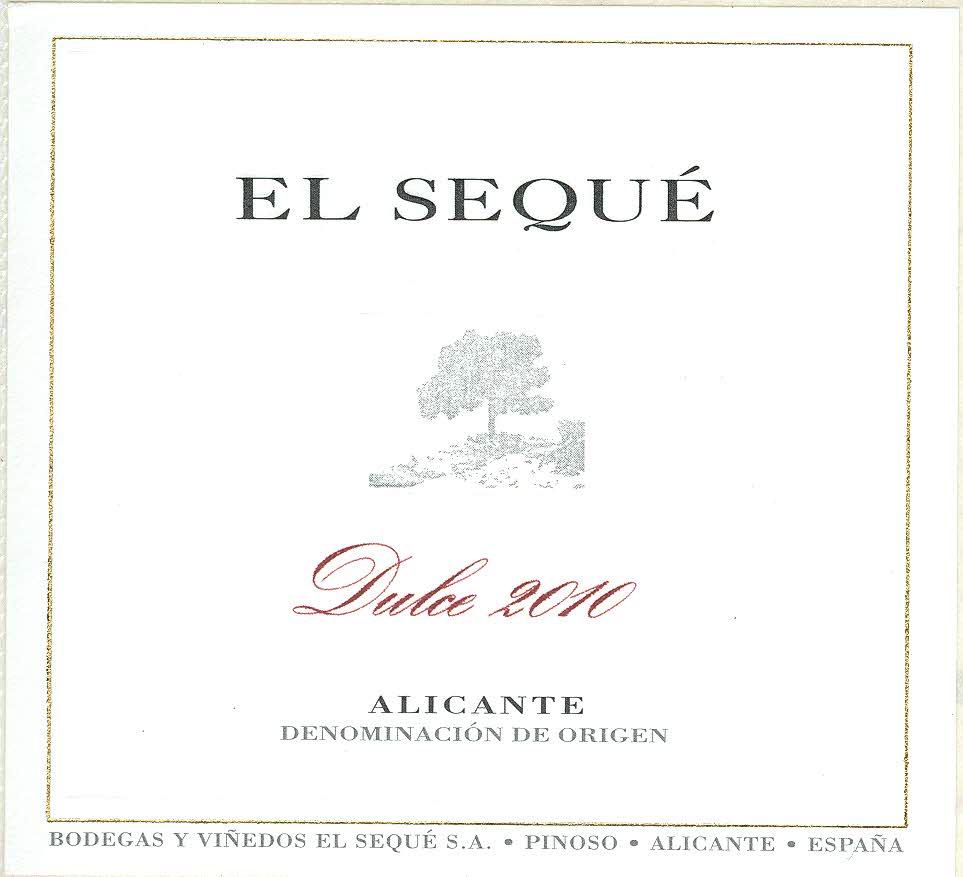2010 Alicante Red Blend
El Seque Dulce is an enchanting red blend from the picturesque region of Alicante, showcasing the artistry of vintners who harness the sun-drenched landscapes to create a remarkable wine. This 2010 vintage offers a medium-bodied experience, elegantly balancing its freshness with a delightful touch of sweetness. The bright acidity tantalizes the palate, while the pronounced fruit intensity reveals notes of luscious cherry and ripe blackberry, complemented by hints of spice. Tannins are notably soft, providing a smooth mouthfeel that invites you to savor each sip. This wine is beautifully off-dry, making it a versatile choice for various culinary pairings or simply enjoyed on its own. El Seque Dulce truly embodies the unique character of its Alicante origins, delivering a memorable tasting experience that reflects the passion and dedication of its makers.
El Seque Dulce is an enchanting red blend from the picturesque region of Alicante, showcasing the artistry of vintners who harness the sun-drenched landscapes to create a remarkable wine. This 2010 vintage offers a medium-bodied experience, elegantly balancing its freshness with a delightful touch of sweetness. The bright acidity tantalizes the palate, while the pronounced fruit intensity reveals notes of luscious cherry and ripe blackberry, complemented by hints of spice. Tannins are notably soft, providing a smooth mouthfeel that invites you to savor each sip. This wine is beautifully off-dry, making it a versatile choice for various culinary pairings or simply enjoyed on its own. El Seque Dulce truly embodies the unique character of its Alicante origins, delivering a memorable tasting experience that reflects the passion and dedication of its makers.




